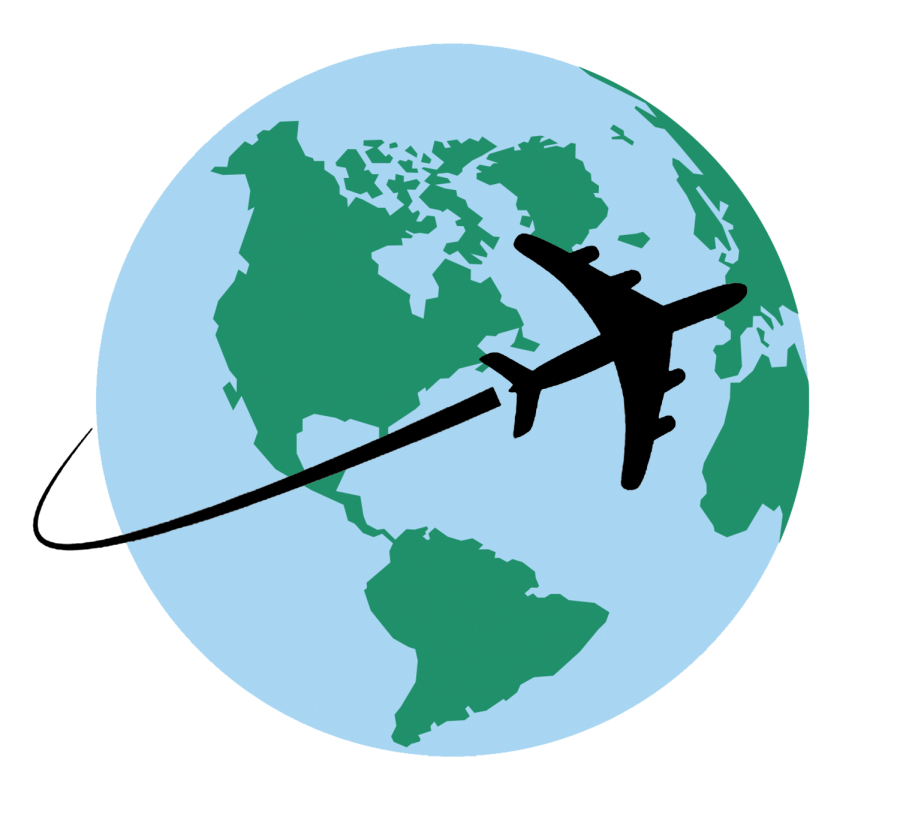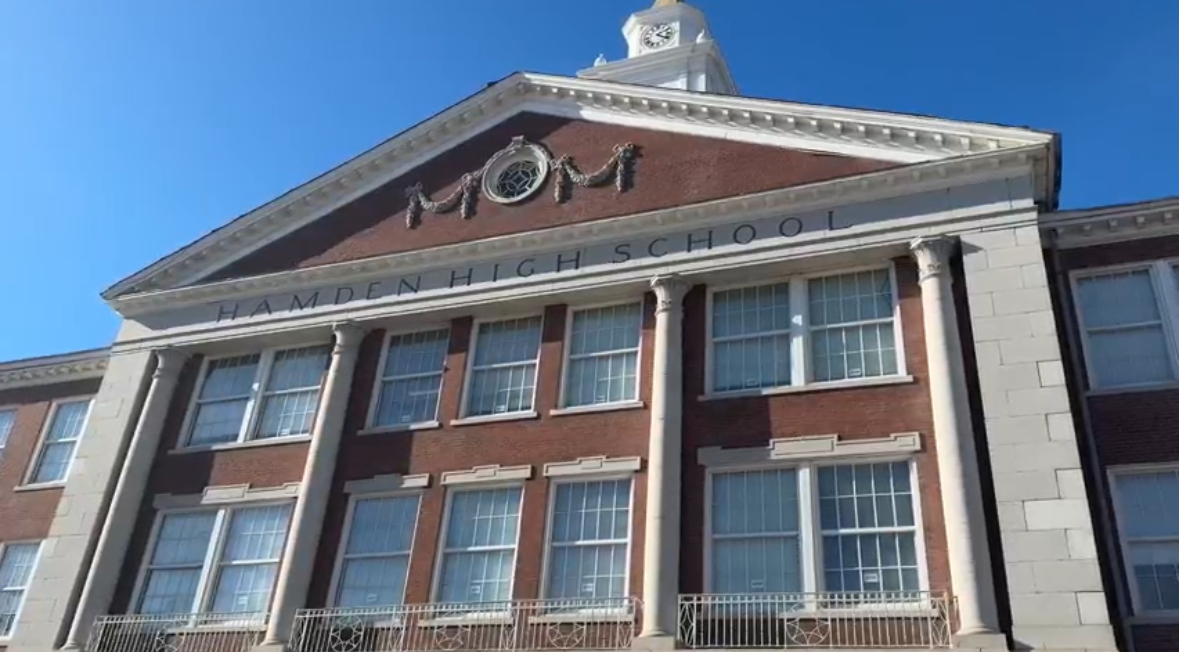Study abroad opportunities resume as COVID-19 restrictions relax
June 2, 2021
Quinnipiac University has reopened study abroad opportunities for students starting this fall, after a year of being in lockdown. After months of preparation by the university to reopen the program, study abroad students are ready to get back traveling.
Students studying abroad have been reminded by the university periodically of the COVID-19 guidelines and restrictions in their host country, along with the consequences of not following the protocols. Students are also required to be fully vaccinated before their departure to their host country.
Erin Sabato, the director of international service and learning, says global engagement is more apparent than ever before. Sabato encourages the importance of traveling safely and responsibly.
“Providing safe, responsible, well structured and ethical global learning opportunities will be incredibly important more so, even than they were perhaps in the past, moving forward,” Sabato said, “I think that fact needs to be at the center that we know we want to do this, we know we want to continue this, we know that we want to move on, but it has to be done safely, structured and responsibly, so I think that I’m right now feeling optimistic that we can slowly begin to resume travel.”
Students also feel optimistic about resuming studying abroad this academic year. Out of approximately 50 Quinnipiac students, 79% feel it is safe to study abroad this fall.
After a visit for an education program in Guatemala was cut short due to the pandemic last year, Matti Colavolpe, a senior interdisciplinary major, is eager to travel back during spring break through a global, cultural engagement and awareness course.
“I’ve done everything I can to stay involved with the organizations that I’ve been a part of, like the school in Guatemala,” Colavolpe said, “I was just on a Google meet with them earlier and I did a virtual internship with a bilingual school in Nicaragua, but now I’m excited to actually be able to go back and work with those students in person.”
Yamna Siddiqui, a junior biomedical science major, will be traveling to Costa Rica over winter break for a one-week research trip. A big challenge for Siddiqui during lockdown was finding opportunities to collaborate and interact with people. When she heard students could travel again, she took the news with a sense of optimism.
“A lot of us were on Zoom or far away, but when I heard traveling was opening up at first, it provided me with a lot of hope and a lot of light and some joy that, ‘hey things are opening up’ because I think, especially when the pandemic was at its peak, a lot of us, at least I was thinking, ‘when is this going to end?’, ‘it’s been like a long time, it’s been months,’” Siddiqui said.
Mark Tortora, the associate director of education abroad programs, is excited students have the opportunity to study abroad again, and says the university is doing everything they can to monitor the trips.
“I think risk management has really been heightened and making sure that our students are covered with insurance properly, making sure that we have a solid framework on the ground of individuals that we’re working with because that has changed and evolved with the partners that we’ve had,” Tortora said.
Tortora says the university is looking at the various risk management protocols its international partners have put in place, including its partnership with University College Cork (UCC) for the Ireland study abroad trip occurring this fall.
Quinnipiac and UCC have been partners for over 15 years. UCC has been updating Quinnipiac on the latest protocols and restrictions in Ireland and the European area outside of Ireland, says Tortora.
A survey of approximately 50 students revealed that 79% think it is safe to travel in the fall. Out of the same group of individuals, 81% are traveling this summer and/or fall.
Tortora believes many students may have mixed feelings about traveling.
“I feel there may be an underlying anxiousness about traveling, but there’s also an eagerness,” Tortora said. “The students that are part of the group that I’m with haven’t expressed that they are solely concerned about COVID as they travel abroad. They appreciate the information and what they need to be doing to prepare and the regulations that they have to abide by.”
Sabato has held many office hours at the end of the semester to comfort and educate nearly 200 students. From meeting one-on-one with these students, she noticed they may have felt they “missed the boat” on traveling during the pandemic. Sabato wants students to know that Quinnipiac has many travel opportunities.
“I think a lot of students were very surprised to learn about the additional opportunities that they may be able to participate in,” Sabato said, “Mark and I would be happy to work with students to provide that opportunity, it may not look like what they were hoping for, but we will still provide a meaningful and super powerful experience for their time at Quinnipiac.”
Tortora and Sabato hope to work with hesitant students and make them feel as safe as possible.
“We are doing this slow and safe and we wouldn’t feel comfortable starting up again if we knew that we weren’t able to put the barriers in place and the net in place. You can’t ever eliminate risk, it’s just about managing and mitigating,” Sabato said.
Colavolpe believes traveling is a step towards getting back to normalcy, and she hopes more people will start again.
“I hope that everyone takes the opportunity to travel if they can and to really do their own research about the plans in place and make their own plans, just to make themselves comfortable with traveling,” Colavolpe said.
Students can find more information on studying abroad, applications and updates on Quinnipiac’s Cultural and Global Engagement page.







